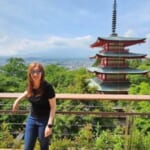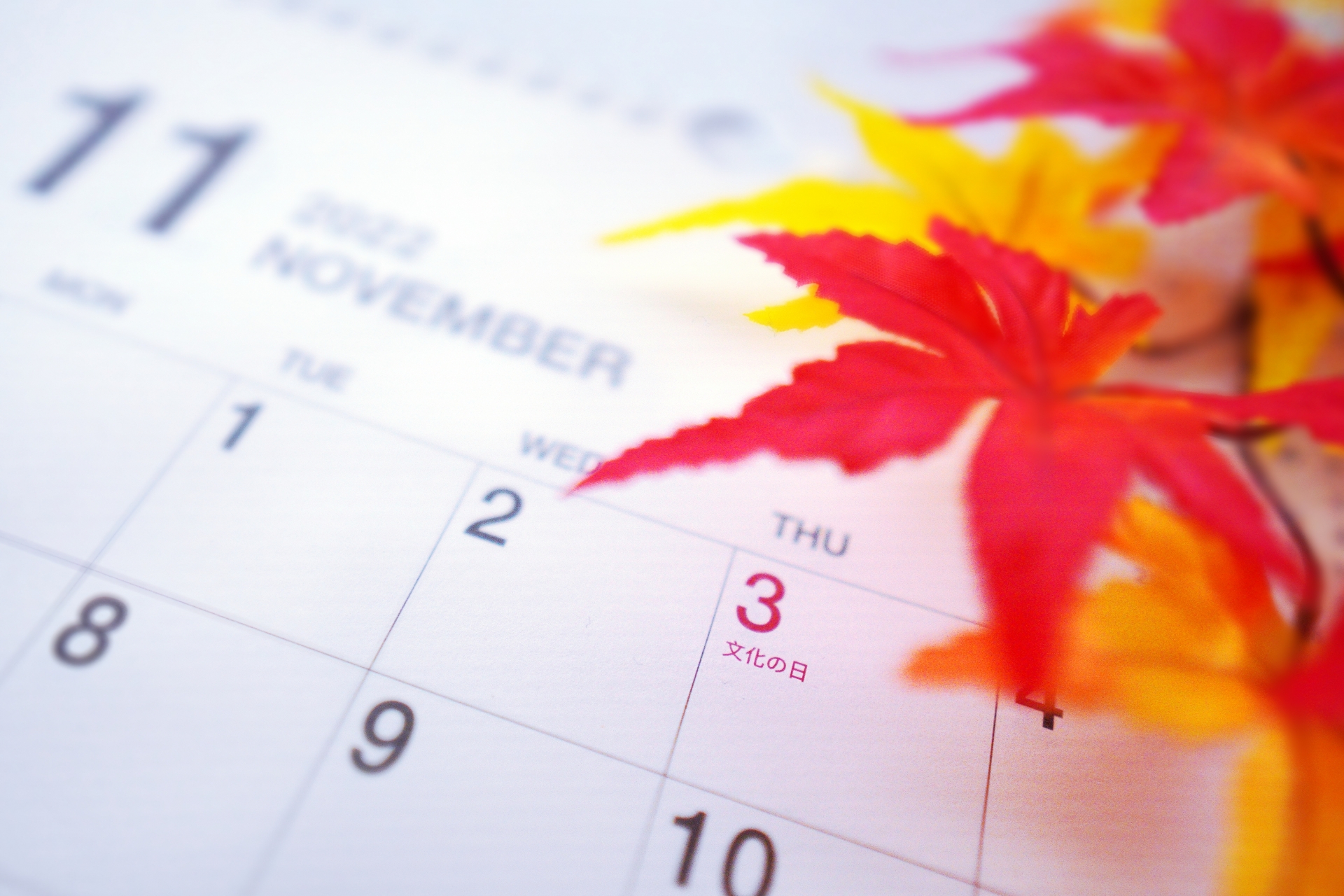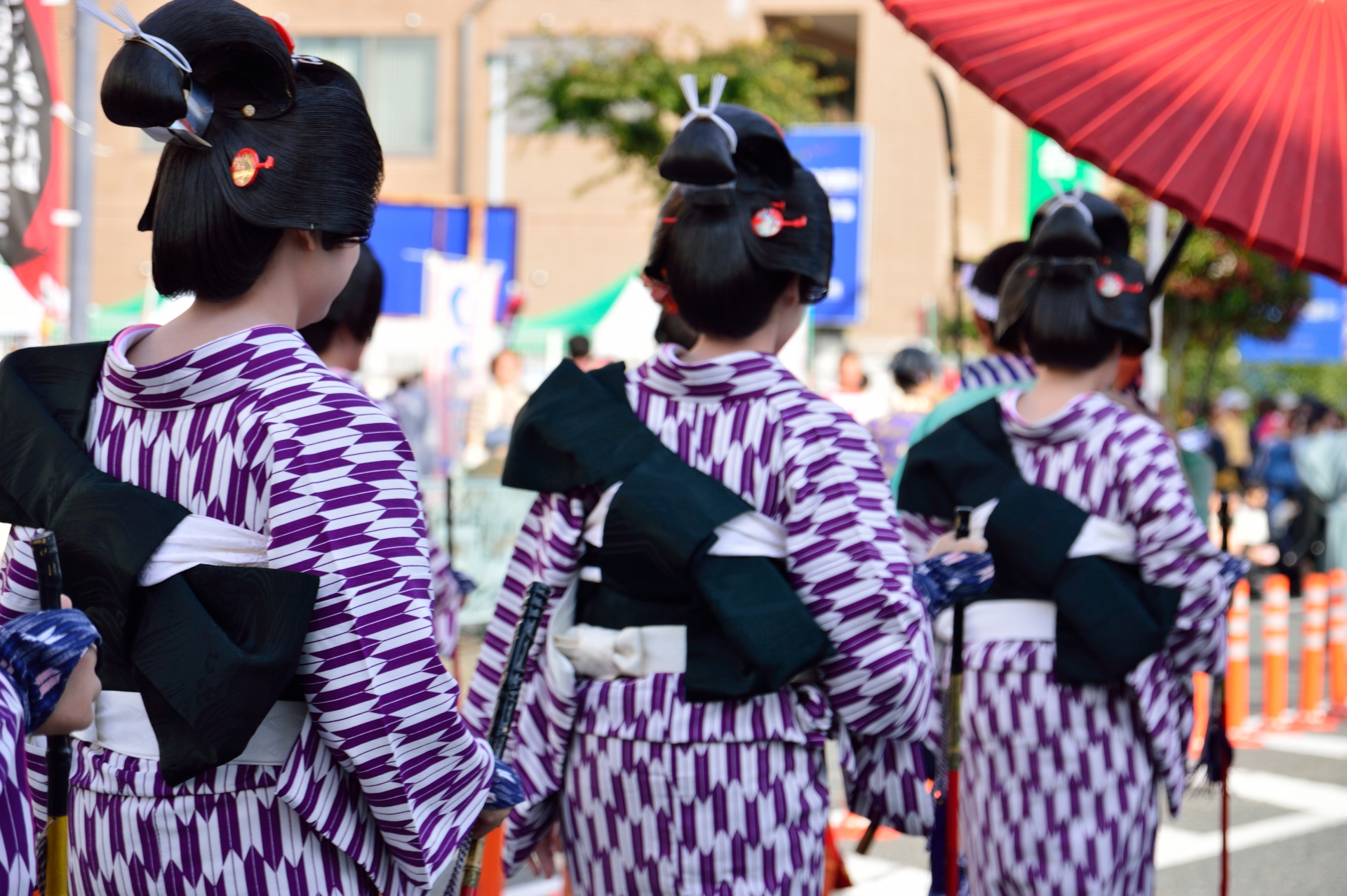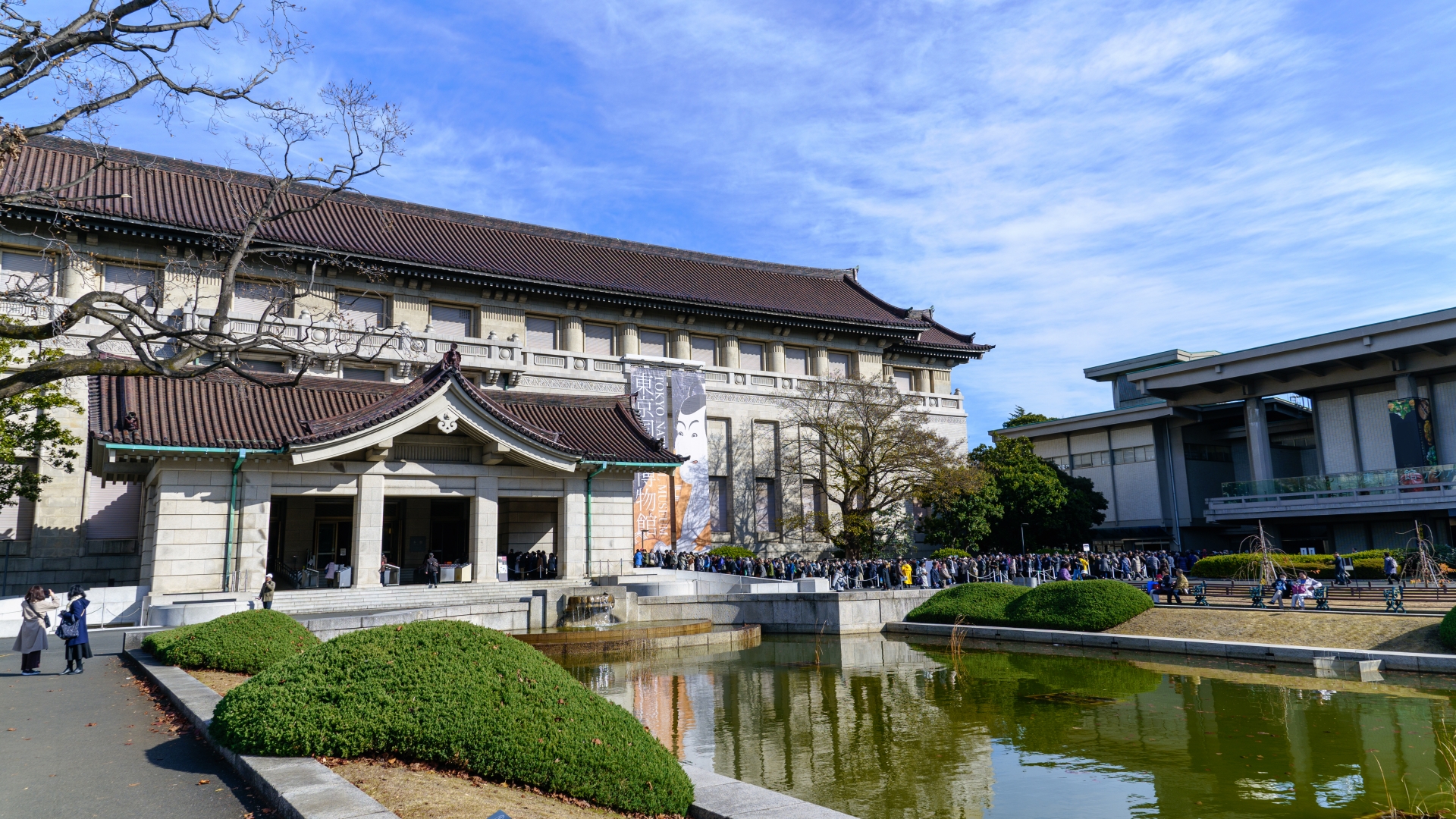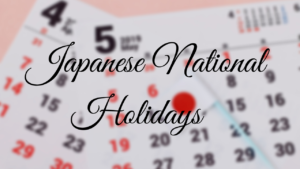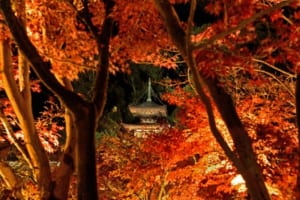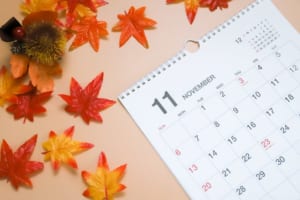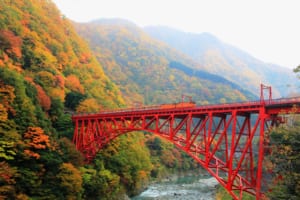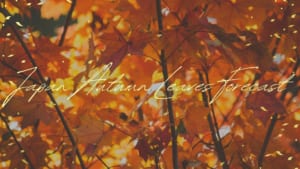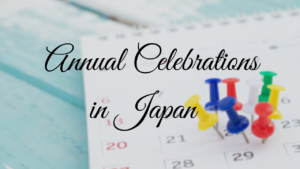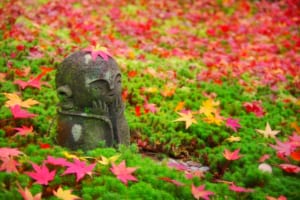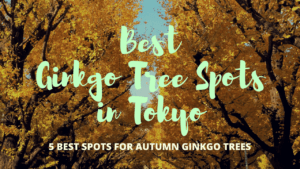Bunka no Hi: Culture Day in Japan
November 3rd: A day to promote culture and arts in Japan
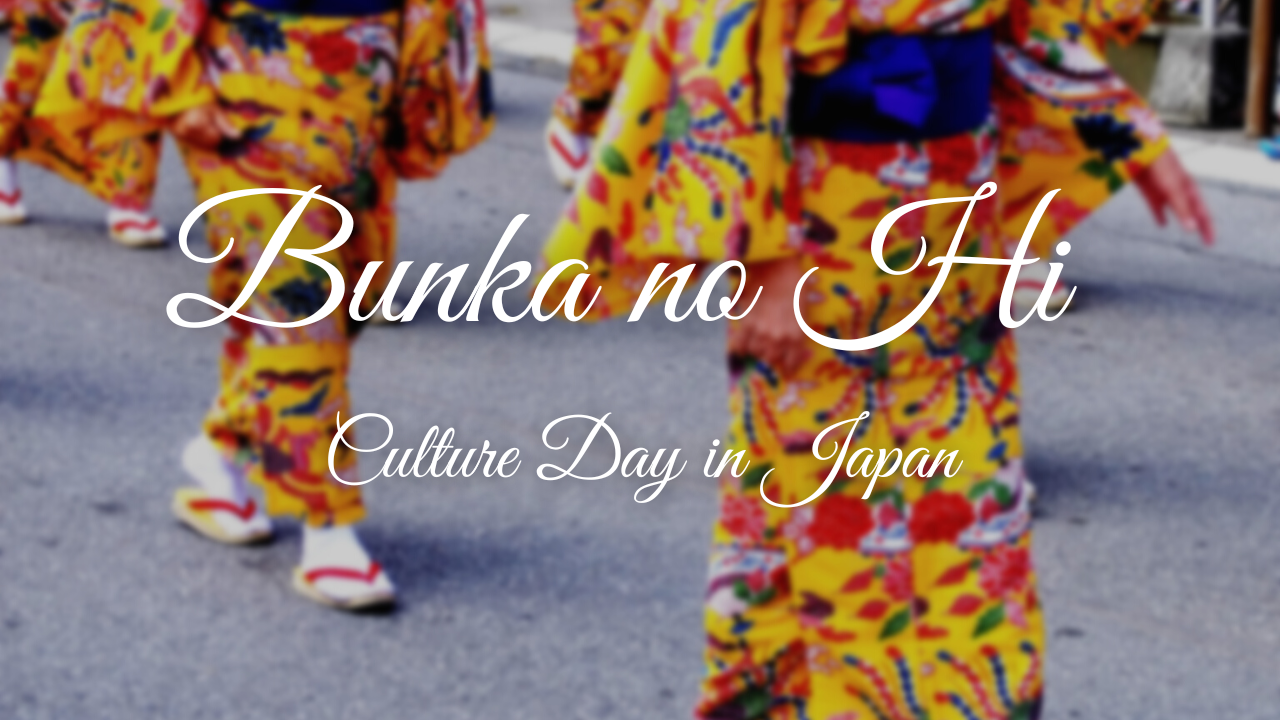
Japan is known for being one of the hardest working countries in the world, but to make up for it, it’s also the country with the most national holidays in the world. The celebration of Halloween marks the end of October and the beginning of November, a good month for Japanese workers as it features two national holidays. The first one is Culture Day or Bunka no Hi (文化の日), a national holiday celebrated every year on November 3 to promote culture and arts, as the name suggests. On that day it’s usual to have art exhibitions, parades, cultural festivals and free visits or special events in art museums, galleries or similar.
Most Japanese national holidays as Kodomo no Hi or Umi no Hi are related to ancient traditions, historical motifs or elements of nature, a very important factor in Japan. So having a “Culture Day” is something different from other national holidays, but it also makes sense since Japan places great relevance on its culture and art.
One of the main attractions of Japan is that it preserves many of its traditions. This also applies to art and culture. A relatively new art form such as manga and anime coexist in the country alongside Kabuki and Noh.
In this article I would like to explain the origins of the Culture Day and how it’s celebrated in Japan!
The history of Bunka no Hi
Culture Day has its origins in 1868, but back then it was celebrated as the birthday of Emperor Meiji.
At a certain point in Japan’s history, a system of eras marked by the imperial family, or rather, by the Emperor, began to be adopted. Each time an Emperor died, a change of Era took place. Thus, for example, we have the Showa Era, the Meiji Era, etc. The Emperor’s Birthday was also started to be celebrated as a national holiday and the holiday was changed every time there was a new emperor. For example, three years ago there was a change of Emperor, so the national holiday named Emperor’s Birthday was changed from December 23, the birthday of the former Emperor Akihito, to February 23, the birthday of the current Emperor Naruhito.
So the birthday of the Meiji Emperor was celebrated from 1868 until his death in 1912. In 1927 the holiday was revived under the name Meiji-setsu. But after World War II in 1946 the celebration changed again.
The current Constitution of Japan was made after World War II, under the revision of the United States. After the surrender of Japan, they cooperated with the General Douglas MacArthur for two years in the drafting of the new constitution, which was ratified on November 3rd, 1946, Emperor Meiji’s birthday day (and entered into force on May 3rd, 1947).
Shortly after the new Constitution came into force, November 3rd became the Bunka no Hi or Culture Day, as we know it today.
The Bunka no Hi today
As I mentioned at the beginning of the article, on this day art museums across Japan hold special exhibitions or events and even free visits. The governments of some cities or even some shrines also hold special events or exhibitions, some of which are quite eye-catching, such as ancient archery competitions. Archers wear traditional clothing and ride horses. It’s really impressive to watch.
One of the most popular festivals is the one held in Hakone, near Tokyo. The streets are filled with people dressed as in the Edo period, transporting observers back in time!
If you are in Japan around this time, it’s a good time to enjoy some of the museums. If you don’t like conventional art museums, there are very interesting museums such as the Edo-Tokyo Open Air Architectural Museum. Or you can also enjoy some traditional Japanese art like the ancient theatre Kabuki.
For more information about holidays in Japan or things to do in Autumn, you can check these articles as too!!
▽Related Articles▽
▼Editor’s Picks▼
Written by
From Barcelona to Tokyo. Coffee & Adventure lover.
I started to like Japan because of the anime, music and dramas, but after my first trip to the country I found what I love the most: traveling around, the culture and history. I have travelled a lot in Japan, but I still have many places to discover that I want to share with you. Let’s discover Japan together!
Also, as a foreigner living in Japan for over 6 years I understand what kind of things are difficult when you move here and I want to help other people in the same situation that I have in the past.
